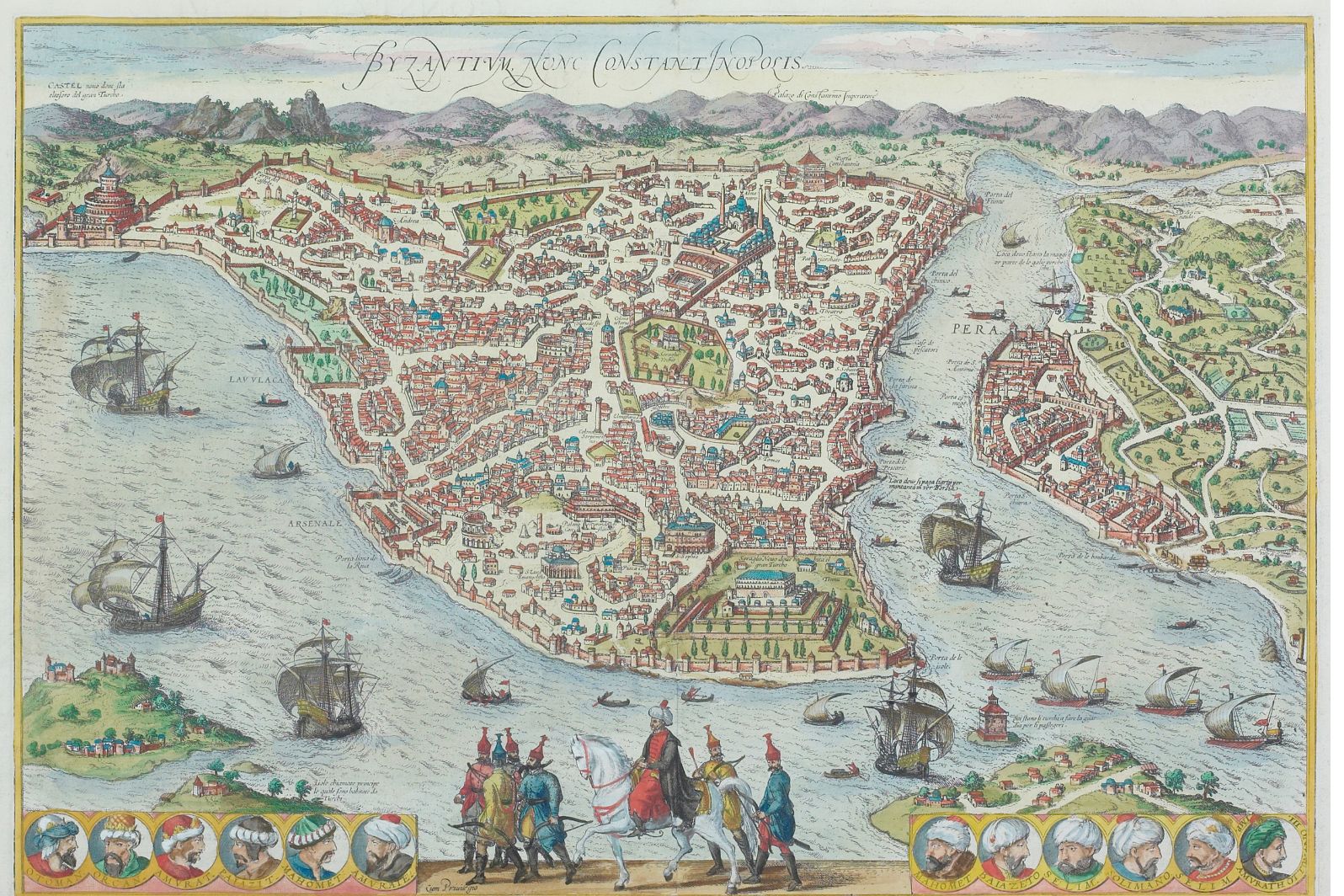Introduction
The term “utanmaz Türkler,” translated to “shameless Turks,” has been used historically in various contexts, often loaded with negative connotations. To understand the implications and origins of this term, it is essential to delve into the historical, cultural, and social dimensions that have shaped its usage.
Historical Context
The phrase “utanmaz Türkler” can be traced back to various historical points, often used during conflict or tension between the Ottoman Empire and its adversaries. Historically, it was utilized as a derogatory term by the enemies of the Turks, especially during the Balkan Wars and the decline of the Ottoman Empire in the late 19th and early 20th centuries.
The Ottoman Empire
The Ottoman Empire, which spanned from the late 13th century to the early 20th century, was a significant political and cultural force in the world. At its peak, it controlled large parts of Southeast Europe, Western Asia, and North Africa. The empire was known for its military prowess, administrative capabilities, and cultural diversity. However, its expansionist policies and military campaigns often led to friction with neighboring regions, contributing to the negative stereotypes and derogatory terms used by its adversaries.
Balkan Wars and Nationalism
The Balkan Wars (1912-1913) marked a significant period where the term “utanmaz Türkler” was prevalent. The conflicts arose as the Balkan League (comprising Serbia, Montenegro, Greece, and Bulgaria) sought to take control of territories held by the weakening Ottoman Empire. The term was used by nationalist movements within the Balkans to galvanize support against the Ottomans and to portray them as ruthless and shameless invaders.
Cultural Stereotypes
The persistence of negative stereotypes about Turks can be attributed to cultural misunderstandings and historical animosities. Throughout history, the portrayal of Turks in European literature and art often leaned towards the exotic and barbaric, reinforcing the “shameless” stereotype. This cultural portrayal was not unique to Turks; many other cultures and peoples were similarly depicted by their adversaries.
Modern Usage and Misconceptions
In contemporary times, the term “utanmaz Türkler” is rarely used, and when it is, it is often recognized as an outdated and offensive stereotype. The modern Turkish Republic, established in 1923, has made significant strides in transforming its international image and fostering better relations with its neighbors and the global community.
Turkey’s Cultural Renaissance
Turkey has experienced a cultural renaissance, emphasizing its rich history, diverse cultural heritage, and contributions to art, science, and philosophy. This renaissance has helped to counteract historical misconceptions and promote a more accurate and nuanced understanding of Turkish identity.
Addressing Prejudices
Understanding and addressing the prejudices encapsulated by terms like “utanmaz Türkler” is crucial for fostering mutual respect and cooperation among different cultures. Education, dialogue, and cultural exchange are essential tools in combating stereotypes and building a more inclusive and understanding world.
Conclusion
The term “utanmaz Türkler” serves as a reminder of the complex interplay between history, culture, and identity. By examining the roots and implications of such terms, we can work towards a more nuanced and respectful understanding of different cultures, moving beyond the prejudices of the past to build a more harmonious future.
- Modern SEO Trends and Future-Proof Strategies for Digital Marketers - January 28, 2026
- Fibe Personal Loan: Know Everything Before Getting an Instant Personal Loan - October 19, 2025
- Why Rehab Works: 8 Key Benefits of Professional Addiction Treatment - August 14, 2025
